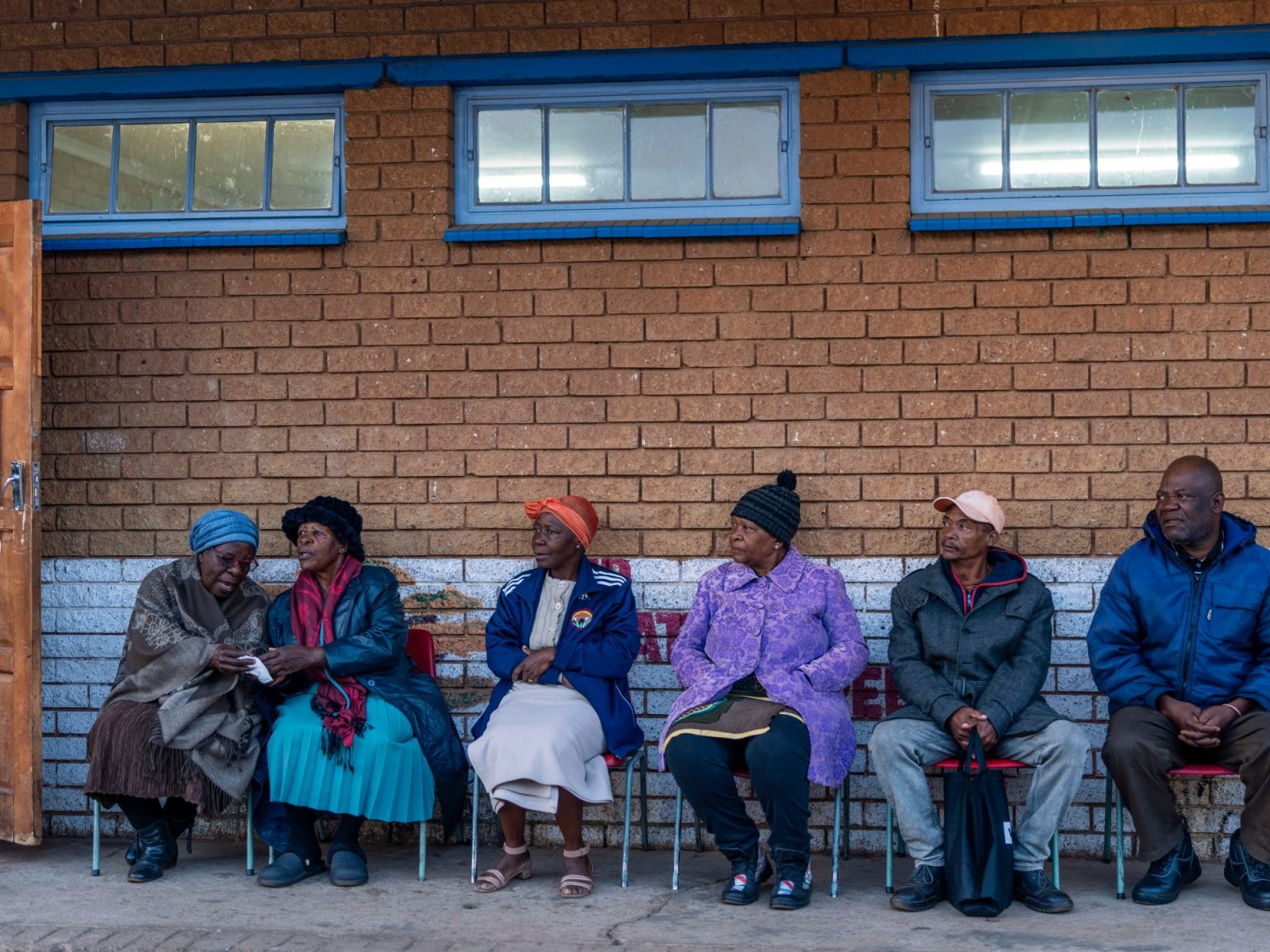South Africa’s most important election in 30 years is currently underway, with South Africans casting their votes at schools, community centers, and large white tents set up in open fields. The dominance of the African National Congress (ANC) party, which has been in power since the end of apartheid in 1994, is at stake as a new generation of discontent emerges in the country. With half of the 62 million population estimated to be living in poverty, the ANC is facing challenges due to widespread unemployment and inequality, particularly affecting the Black majority.
President Cyril Ramaphosa, after casting his vote, expressed confidence that the ANC would win with a majority and remain in government. However, the party’s support has been declining in recent elections, with polls showing it below 50 percent for the first time. The party’s promise to end injustice and create a better life for all is being put to the test as voters express their concerns about the lack of job opportunities and other socioeconomic issues.
The ANC has won six successive national elections since 1994, but its support has been dwindling, with its worst result being 57.5 percent in the last national election in 2019. President Ramaphosa has acknowledged the need to “do better” and has asked for more time and patience from the voters. South Africans vote for parties, not directly for the president, and the parties then receive seats in parliament based on their share of the vote, with lawmakers electing the president after the election.
The election is being held in all nine provinces of South Africa, with nearly 28 million people registered to vote at over 23,000 polling stations. While the ANC is expected to hold the most seats in parliament, it may lose its majority for the first time. The final results are expected to be announced by Sunday, determining the future direction of the country. South Africa is a multiracial country with significant populations of Black people, white people, those of Indian descent, the “Coloured” community, and others, reflecting its diverse society and political landscape.
Overall, the election represents a critical moment in South Africa’s history, as the ANC faces unprecedented challenges to its long-standing dominance. With widespread poverty, high unemployment, and persistent inequality, voters are looking to the government and political parties to address these pressing issues and to deliver on their promises of a better life for all. The outcome of the election will determine the country’s future trajectory and the ability of its leaders to effectively address the needs and aspirations of its diverse population.













